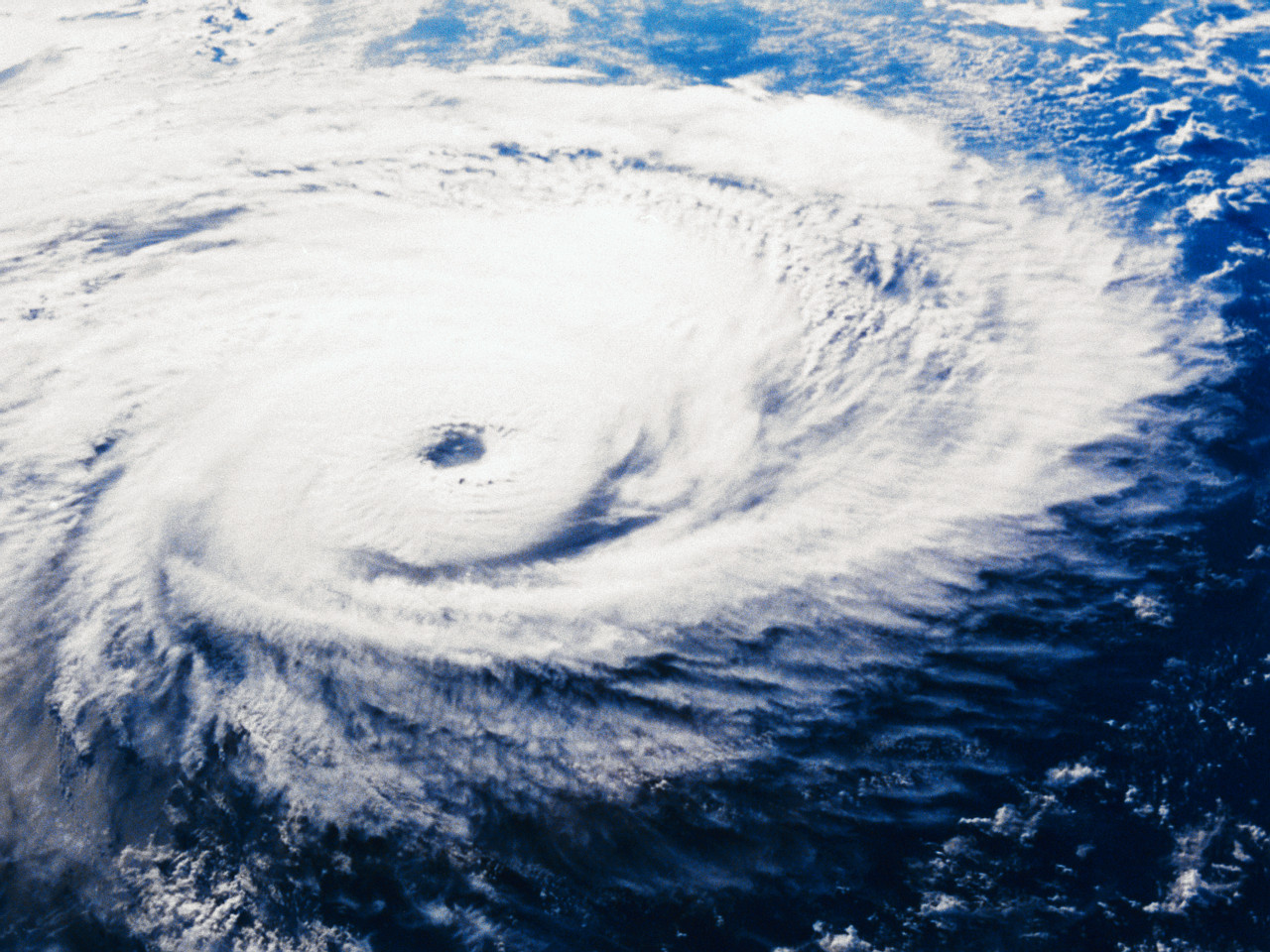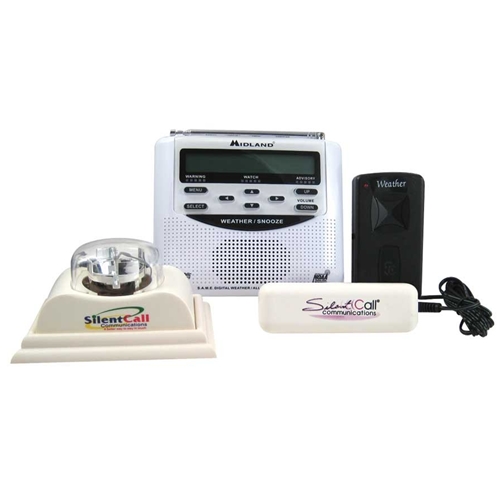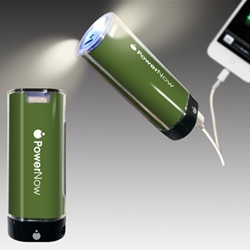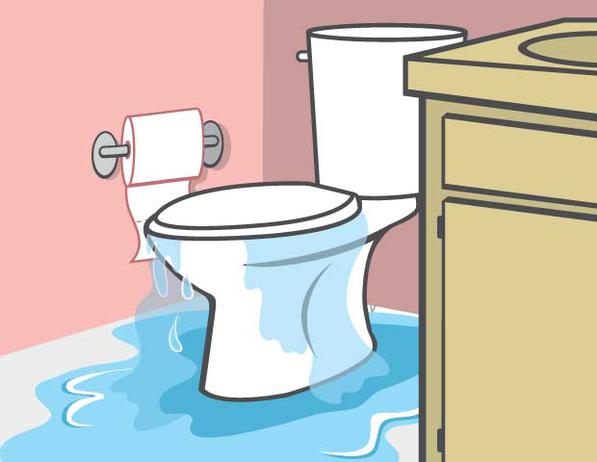If you live in the Atlantic or Gulf of Mexico coastal regions, it’s time to be thinking about how you and your family can prepare for the next hurricane. Hurricane season in these areas lasts from June to November, with peak hurricane season stretching from mid-August to late October. According to the National Weather Service, a lack of hurricane awareness and preparation are common threads among all major hurricane disasters. Having basic emergency supplies on-hand and an emergency plan for you and your family are essential steps in preparing for a hurricane.
Basic Hurricane Emergency Supplies
The Federal Emergency Management Agency (FEMA) recommends having the following items in a basic hurricane emergency supply kit. Stock up now to avoid frantic last minute shopping trips and empty shelves.
- Water — one gallon of water per person per day for at least three days for drinking and sanitation. Fill the bathtubs in your house with water to use to flush toilets.Â
- At least a three-day supply of non-perishable
food.Â
- Manual can opener for canned food.Â
- Battery-powered or hand-crank radio and a NOAA Weather Radio with tone alert and extra batteries for both. Â For people who are visually or hearing impaired, there are weather alert radios with strobes and vibrating bed shakers.

- Whistle to signal for help.Â
- Battery-powered flashlights, hand-crank flashlights or headlamps for hands-free lighting, along with extra batteries.Â
- Dust mask to help filter contaminated air and plastic sheeting and duct tape to shelter-in-place.Â
- Moist towelettes, garbage bags and plastic ties for personal sanitation.Â
- Wrench or pliers to turn off utilities.
- Local maps.Â
- Cell phone with chargers, inverter, mobile phone charger, or solar charger.Â

- Prescription medications and glasses.Â
- Infant formula and diapers.Â
- Pet food and extra water for your pet.Â
- Cash or traveler’s checks and change.Â
- Important family documents such as copies of insurance policies, identification and bank account records in a waterproof, portable container.
Hurricane Preparedness Emergency Plan
FEMA also recommends preparing for the possibility that family members may become separated during a storm. For instance, parents may be at work and the children at school when a hurricane strikes. To avoid chaos, figure out how you will communicate with each other and discuss your plans in advance. For tips on creating an effective hurricane emergency plan for your family, go to the FEMA website.
Stay Informed
 Knowing what to do before, during and after an emergency is a critical part of being prepared and can make all the difference when seconds count. Now is a good time to check with your community, your employer and your children’s school about their hurricane preparedness plans and how you will be provided with emergency and warning information, evacuation and shelter plans.
Knowing what to do before, during and after an emergency is a critical part of being prepared and can make all the difference when seconds count. Now is a good time to check with your community, your employer and your children’s school about their hurricane preparedness plans and how you will be provided with emergency and warning information, evacuation and shelter plans.
Equip your home with a weather alert radio that picks up NOAA emergency broadcast signals to receive up-to-the-minute information on severe weather developments and other emergencies. Consider making hurricane preparation and forecasting a learning experience for your family by setting up a home weather station that will allow you to track temperature, humidity, wind speed, wind chill, wind direction, rainfall, and barometric pressure as the hurricane passes through your neighborhood.



